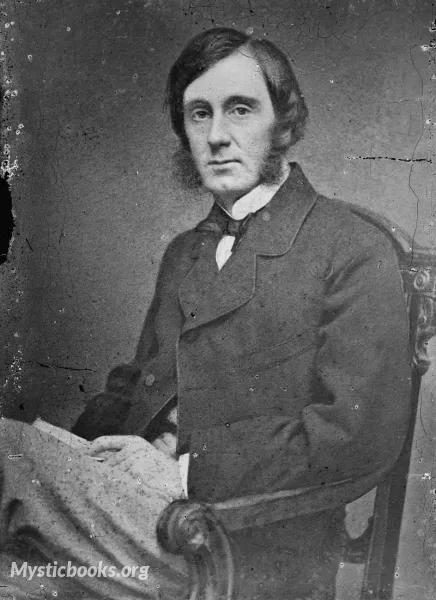
Timeline
Title
Country/Nationality
George William Curtis
George William Curtis was an American writer and public speaker born in Providence, Rhode Island on February 24, 1824. He was a leading figure in the American Renaissance, a literary and intellectual movement that flourished in the mid-19th century. Curtis was also a prominent advocate for civil service reform and a leading voice of the Republican Party.
What were his principles?
Curtis was a staunch advocate of individual liberty, equality, and justice. He believed that government should be based on the consent of the governed and that all people should have equal opportunity to succeed. He was also a strong supporter of education and believed that it was the key to individual and national progress.
What was he famous for?
Curtis was famous for his writing, his public speaking, and his work in civil service reform. He was a prolific writer, and his essays and lectures were widely read and admired. He was also a gifted orator, and his speeches were often stirring and eloquent. Curtis was also a leading figure in the movement for civil service reform, which sought to end the practice of political patronage in government hiring.
What were his notable works?
Curtis's most notable works include:
- The Potiphar Papers (1853): A satirical series of essays that skewered the social pretensions of New York City society.
- Prue and I (1856): A sentimental novel about a young couple's marriage.
- Nile Notes of a Howadji (1851): A travelogue of Curtis's journey to Egypt and the Holy Land.
- The Howadji in Syria (1852): A travelogue of Curtis's journey to Syria and Palestine.
- The Atlantic Monthly (1857-1861): Curtis was the editor of The Atlantic Monthly for four years.
- The Easy Chair (1856-1892): A column that Curtis wrote for Harper's Magazine for over 30 years.
What was his philosophy?
Curtis's philosophy was based on the belief in the individual, the importance of education, and the need for social justice. He believed that individuals should be free to pursue their own happiness and that education was the key to individual and national progress. He also believed that society had a responsibility to ensure that all people had equal opportunity to succeed.
When did he die?
Curtis died on August 31, 1892, in Staten Island, New York. He was 68 years old.
How is he remembered?
Curtis is remembered as a leading figure in the American Renaissance, a prominent advocate for civil service reform, and a gifted writer and public speaker. He is also remembered for his philosophy of individual liberty, equality, and justice.
Books by George William Curtis

From the Easy Chair Vol. 3
In a world of changing times, a writer reflects on the enduring truths of life and literature. In the third volume of his popular column "The Easy Chair," George William Curtis offers his insights on a wide range of topics, from literature and art t...

From the Easy Chair Vol. 1
This anthology of essays, the first in a three-volume set, showcases George William Curtis's insightful commentary on American life in the 19th century. He delves into political issues, social reforms, and cultural trends with a keen intellect and en...

From the Easy Chair Vol. 2
The second volume of essays and observations From the Easy Chair of William Curtis, editor of Harper's Weekly and one of the founders of the American Republican party. Curtis served Ulysses S. Grant, although he split from the party in the 1880s over...